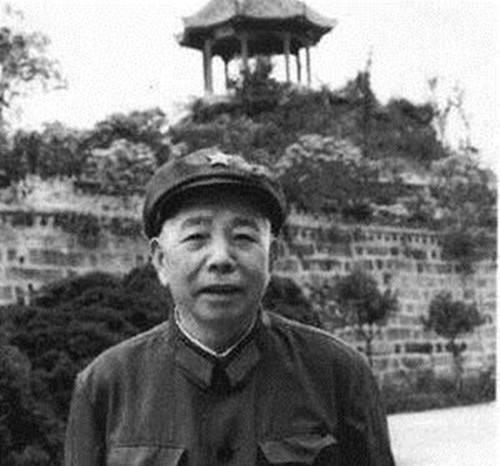Xu Liqing, who had studied private school for a few years in his early years, was born in the Eyu-Anhui region, which was one of the birthplaces of the revolution, so he joined the local peasant self-defense army early and joined the Red Army in the same year.

Because of his culture, he served as the chief of the division organization section, and later rose to the rank of director of the regimental political office, director of the divisional political department, director of the military political department, and political commissar of the General Health Department of the Red Four Fronts, and became one of the senior generals of the Red Army.
During the War of Resistance Against Japanese Aggression, he followed the 129th Division to serve in the post, and then transferred to the Jin-Cha-Ji Military Region to serve in Ji'nan, and then to the 129th Division as the head of division organization. At the end of the War of Resistance Against Japanese Aggression, he was transferred to the Shaanxi-Gansu-Ningxia-Jinsui United Defense Army as the brigade political commissar.
During the liberation period, he became the director of the political department of the Northwest Field Army, and later served as a political commissar in the field column, and was later promoted to the post of deputy political commissar and political commissar of the corps.
After the founding of New China, he was rated as a regular soldier, and the award of admiral was also ironclad, but he did not. Because he served as the deputy director of the General Cadre Department and was responsible for assessing military ranks, he demoted himself first, and applied for permission several times.
Although he was later awarded the rank of lieutenant general, he was transferred from deputy director of the General Cadre Department to deputy director of the General Political Department, and after many years of service, he left office.
In 1973, after resuming his work, he served as the political commissar of the Jinan Military Region, ranking the main post of the Grand Military Region, and after serving for 2 years, he was again transferred to the General Political Department as deputy director. Because of the needs of the work of the Chengdu Military Region, he was transferred to the Chengdu Military Region as the first political commissar until 1982, when he retired to the second line and entered the Central Advisory Committee.
Less than a year after his retirement, he died of illness.